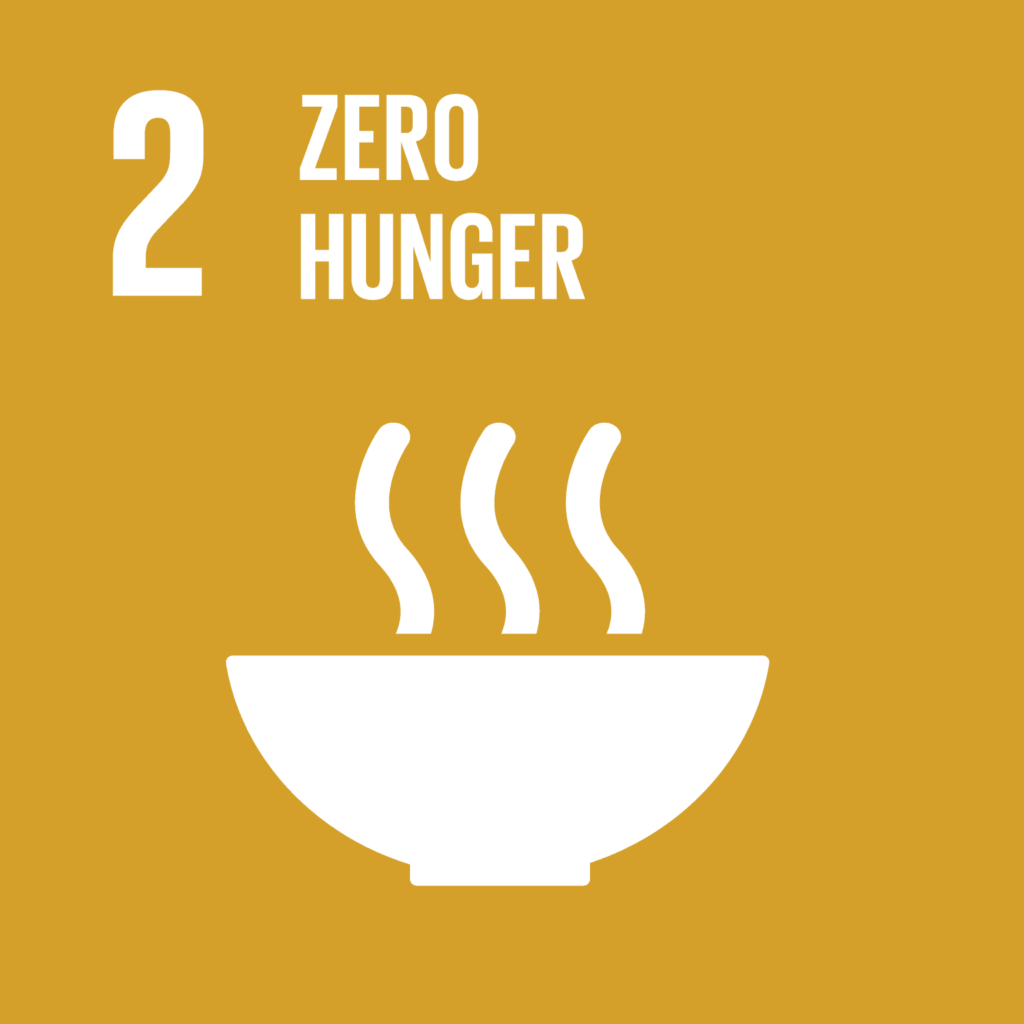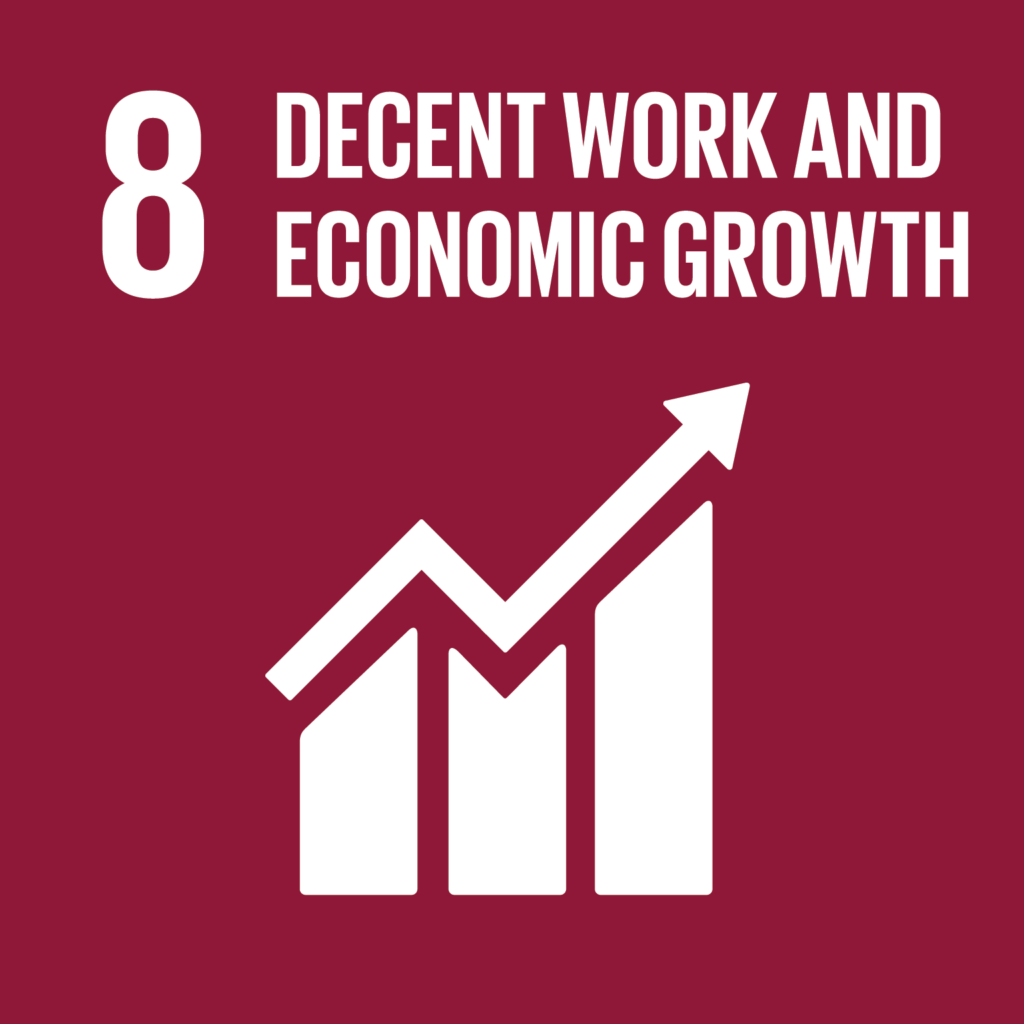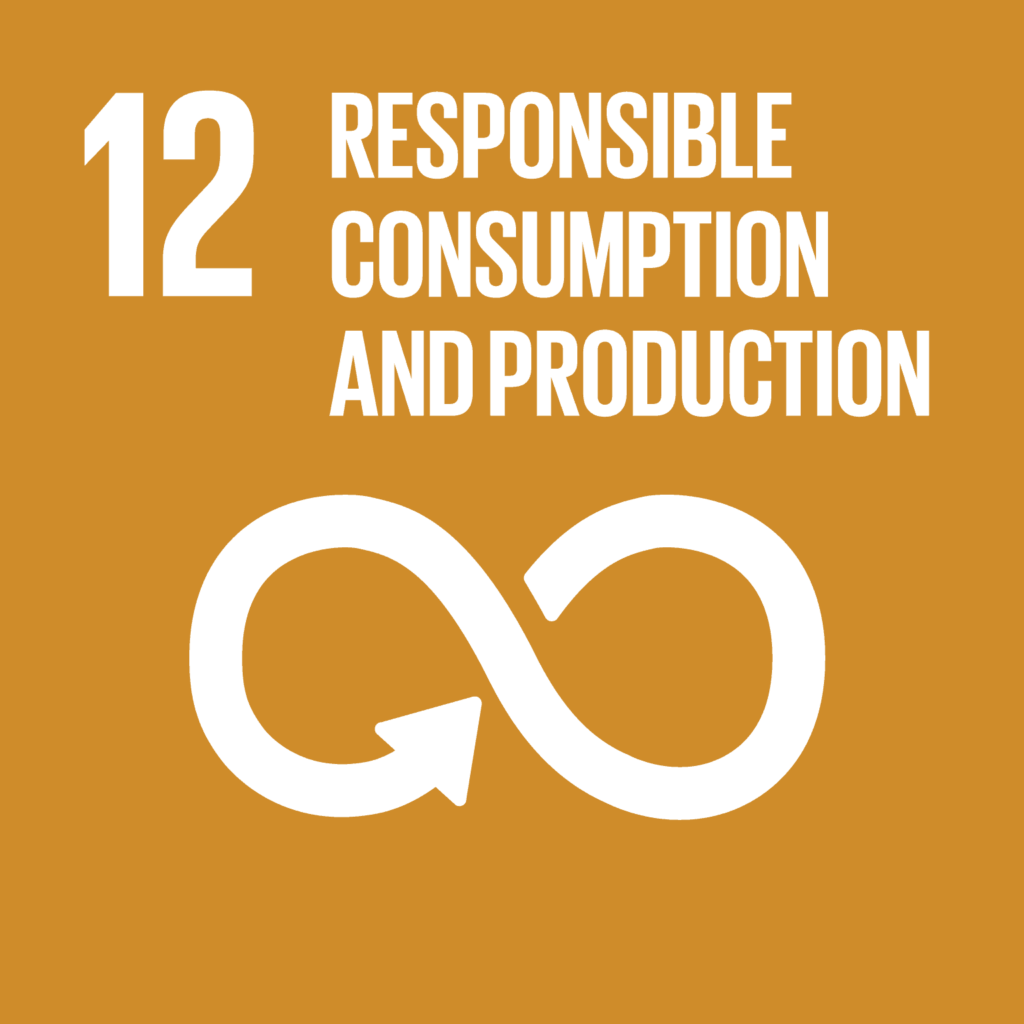Zoeken
Sustainability
We’re committed to making the world a better place by operating as sustainably as possible. Want to know how? Keep reading!
Resilient farming
Sustainable cultivation
At the heart of our quinoa production lies a deep commitment to sustainability. Most of our quinoa is grown organically, aligning with the principles of the EU Green Deal which aims to increase organic farming. We exclusively use non-GMO varieties and prioritise local cultivation to reduce our environmental footprint.
Our dedicated quinoa growers practice regenerative and nature-inclusive agriculture, working tirelessly to protect and enhance the land for future generations. By restoring soil health, promoting biodiversity, and strengthening ecosystem resilience, they ensure that every harvest supports a healthier planet.
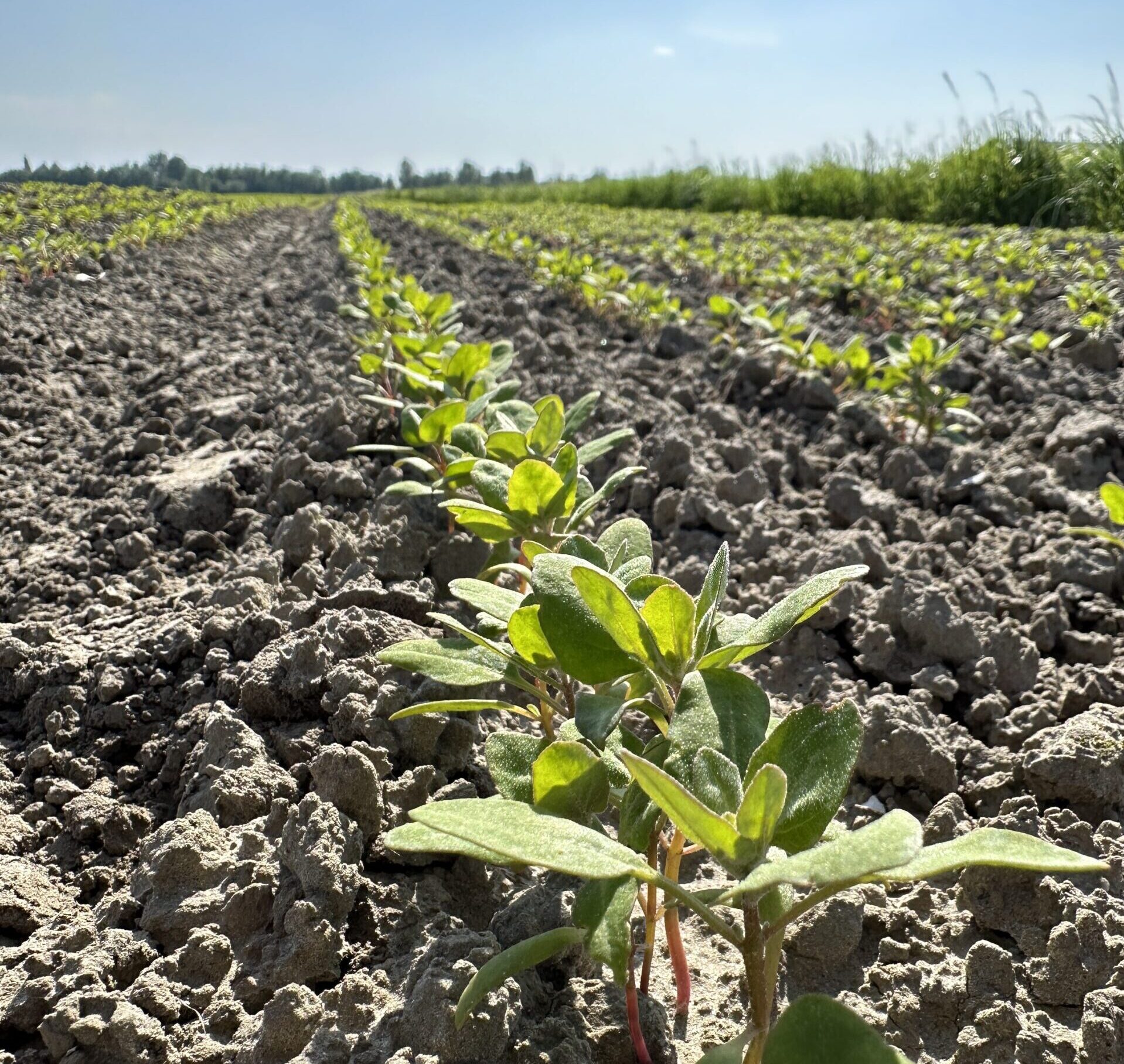
Resilient farming
How we cultivate sustainably
No pesticides: Even our conventional growers refrain from using pesticides and synthetic fertilizers. This protects water resources, wildlife, and beneficial insects like ladybugs, which serve as natural pest controllers.
Soil-Friendly Crop: Quinoa is a low-intensity crop, meaning it has a minimal impact on the soil, and even improves the soil by:
- Enriching the Soil: After harvest, we leave plant residues—such as stems and leaves—on the field to increase organic matter, which improves soil fertility and enhances biodiversity.
- Improving soil structure: The extensive root systems of quinoa plants help improve the structure of the soil.
- Cover Crops & Crop Rotation: We plant cover crops to prevent soil erosion and naturally enrich the soil while rotating crops to maintain long-term soil health.
These sustainable practices reflect our growers’ dedication to natural farming, ensuring high-quality quinoa while preserving the environment.
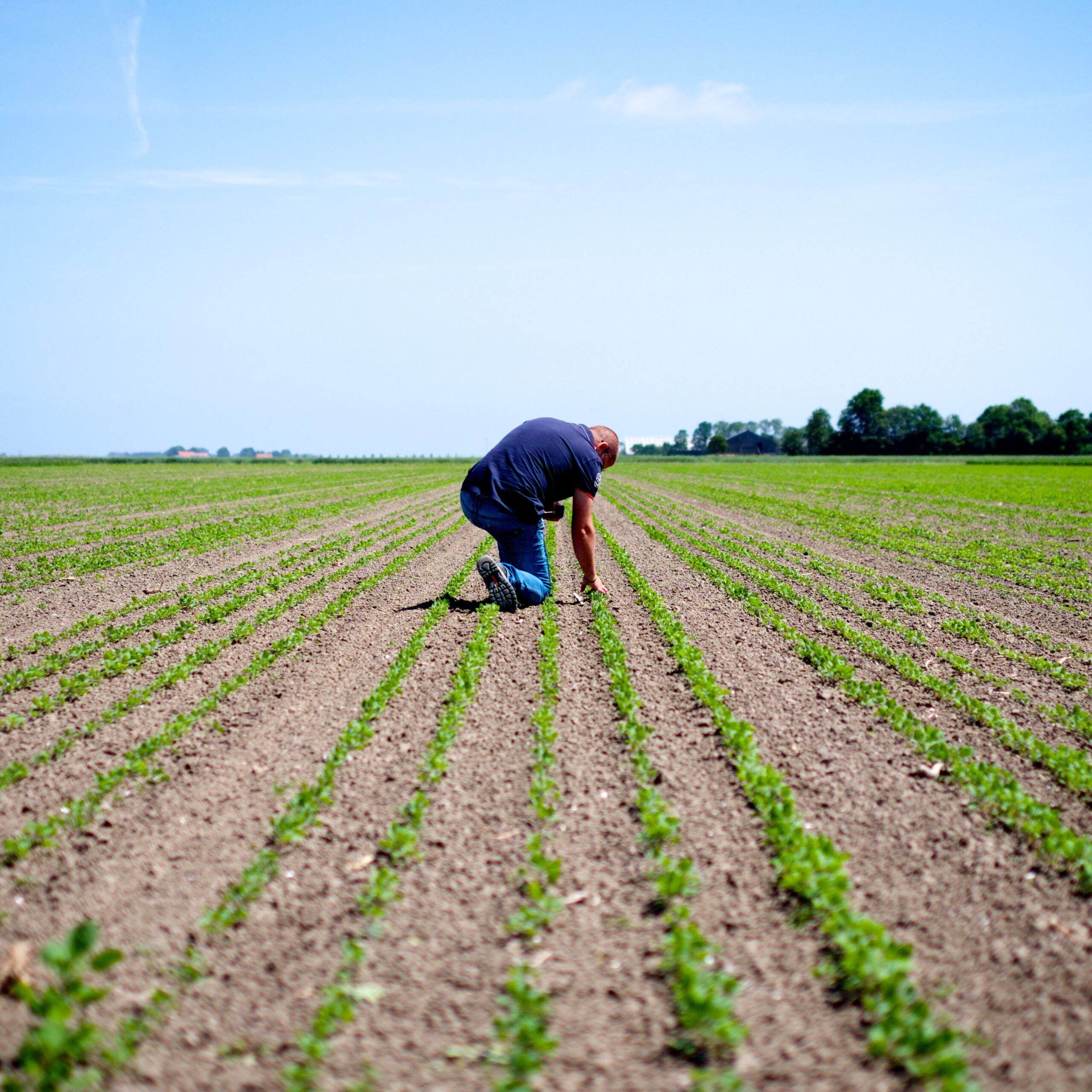
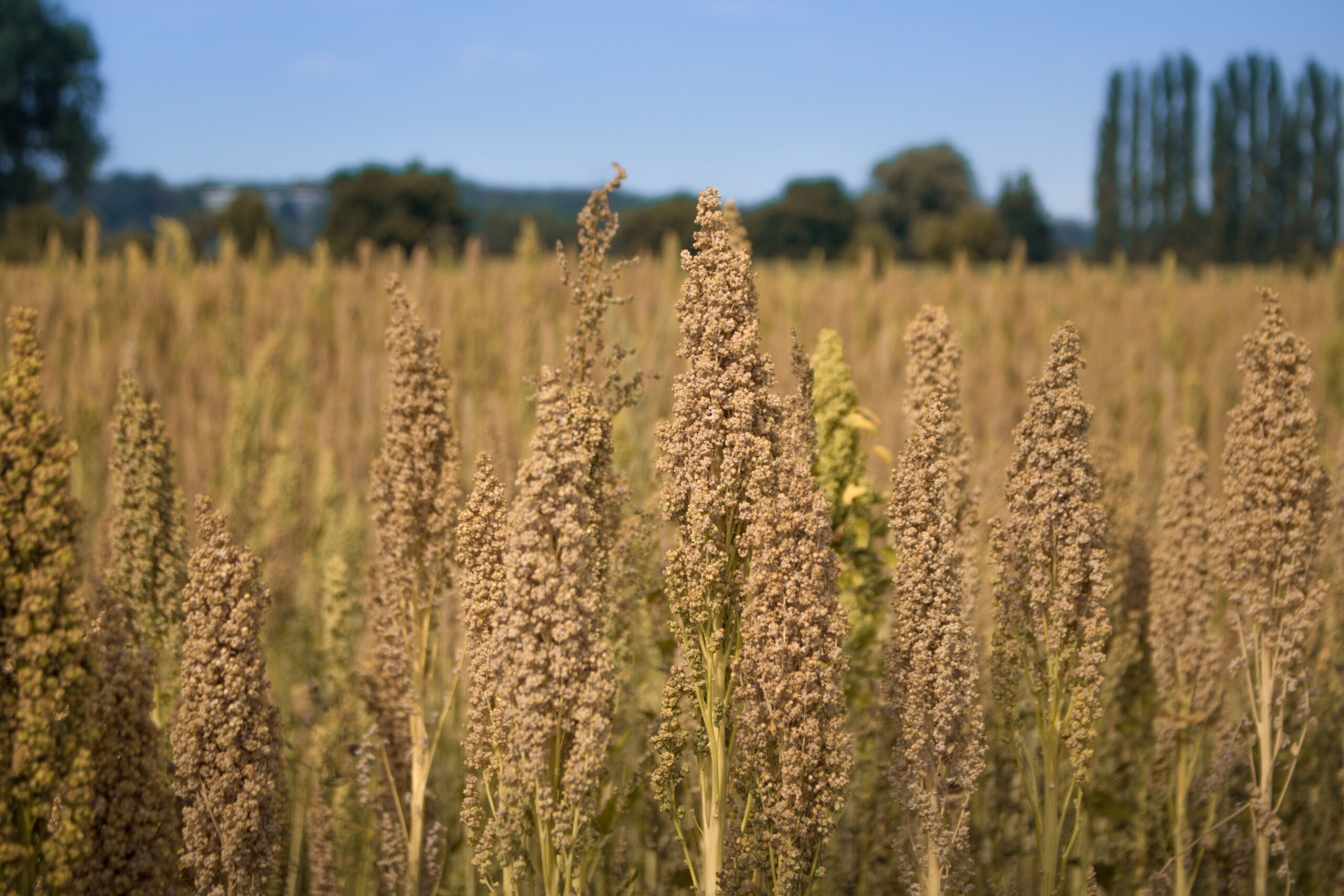
Future proof crop
Due to climate change, cultivating staple crops is becoming increasingly difficult in certain regions. Quinoa offers a sustainable alternative as it is a resilient crop that can withstand challenging environments like drought-prone and saline soils.
Quinoa plants flourish in warm, dry summers, require little water during the summer period and tolerate saline soils, which is a huge advantage with the ongoing climate change and rising temperatures. This provides farmers with a sustainable crop option in areas where salinization and drought threaten traditional agriculture, such as parts of the Dutch and Belgian North Sea coast.
By adding quinoa to crop rotations, farmers can better adapt to climate change and make their fields more resilient. Quinoa gives them a sustainable and profitable alternative, helping farmers maintain their livelihoods while supporting a healthy ecosystem.
Responsible processing
Sustainable processing
We prioritize eco-friendly, low-impact processing methods to preserve quinoa’s natural qualities and minimize environmental impact by:
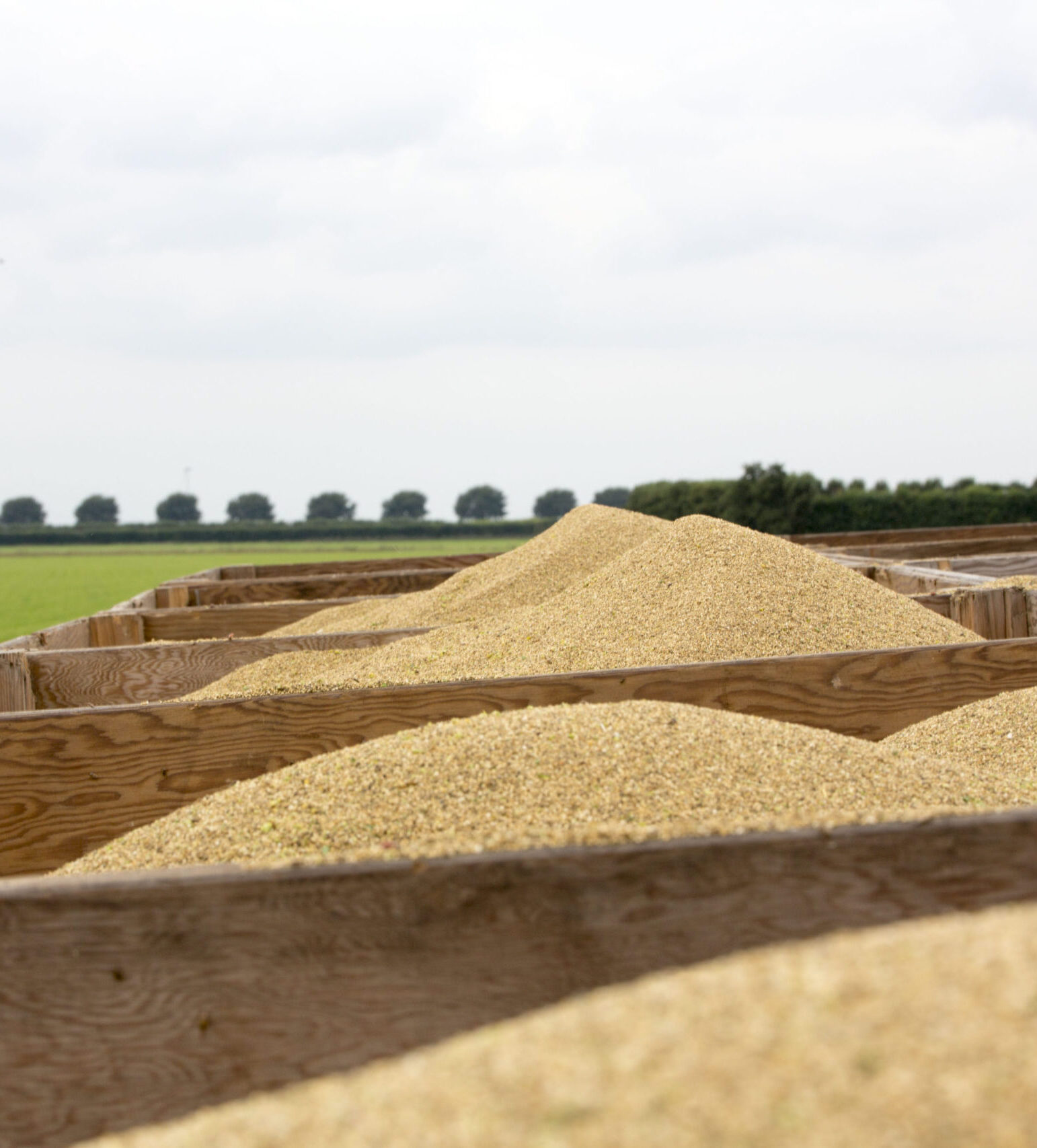
Fair trade
Respect for people and nature
Our commitment to sustainability goes beyond environmental responsibility, embracing fair and ethical business practices. We try to make a positive impact on the environment, local communities, and global food security by:
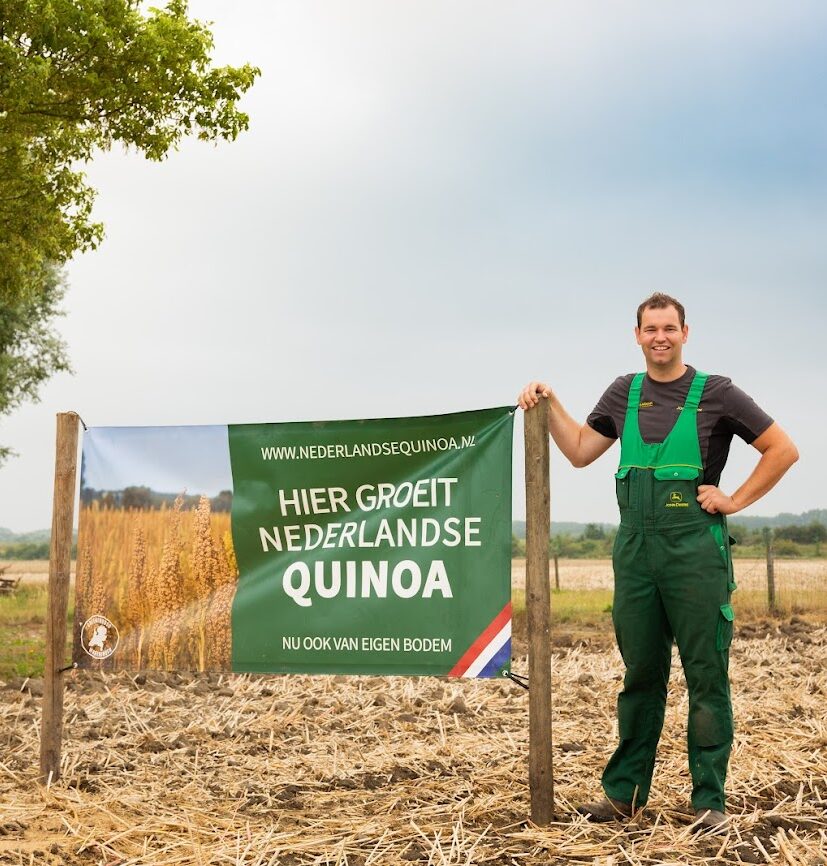
Supported by GreenFood50
